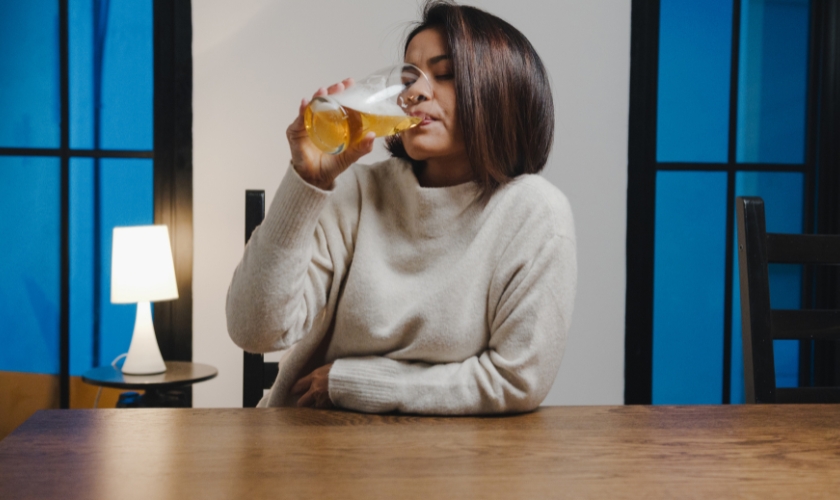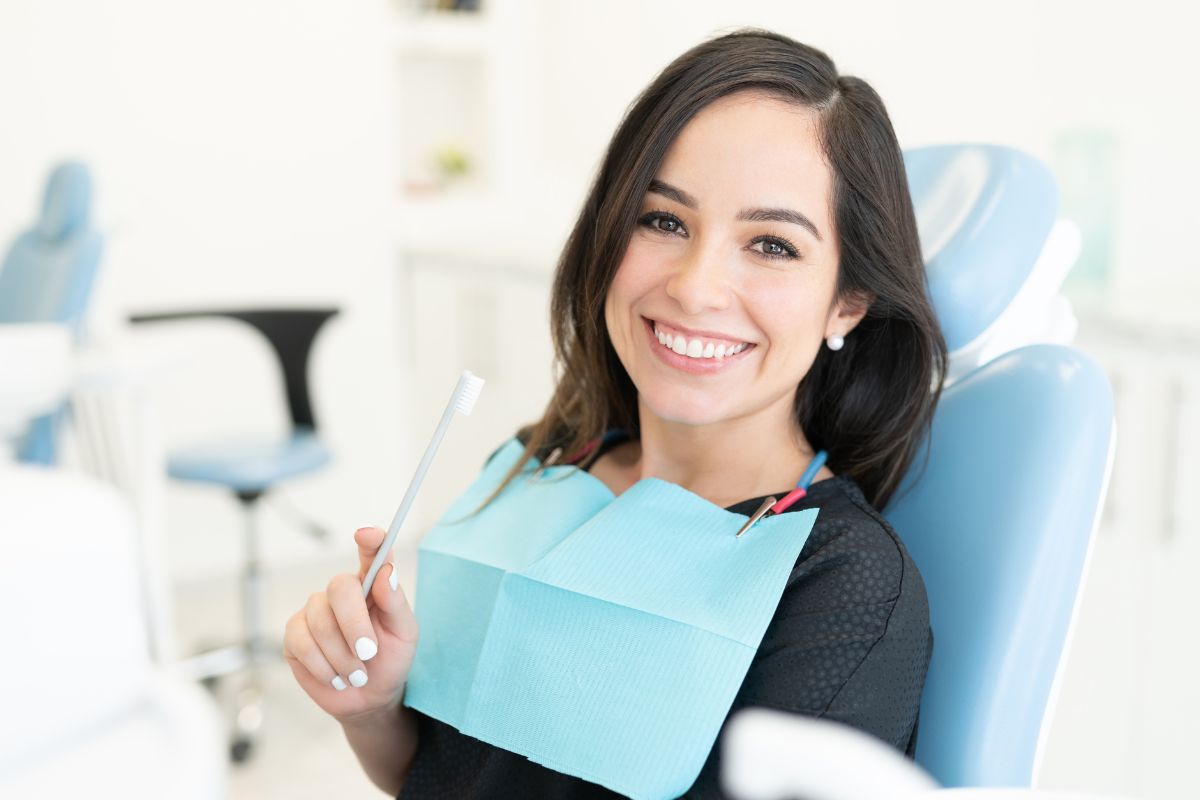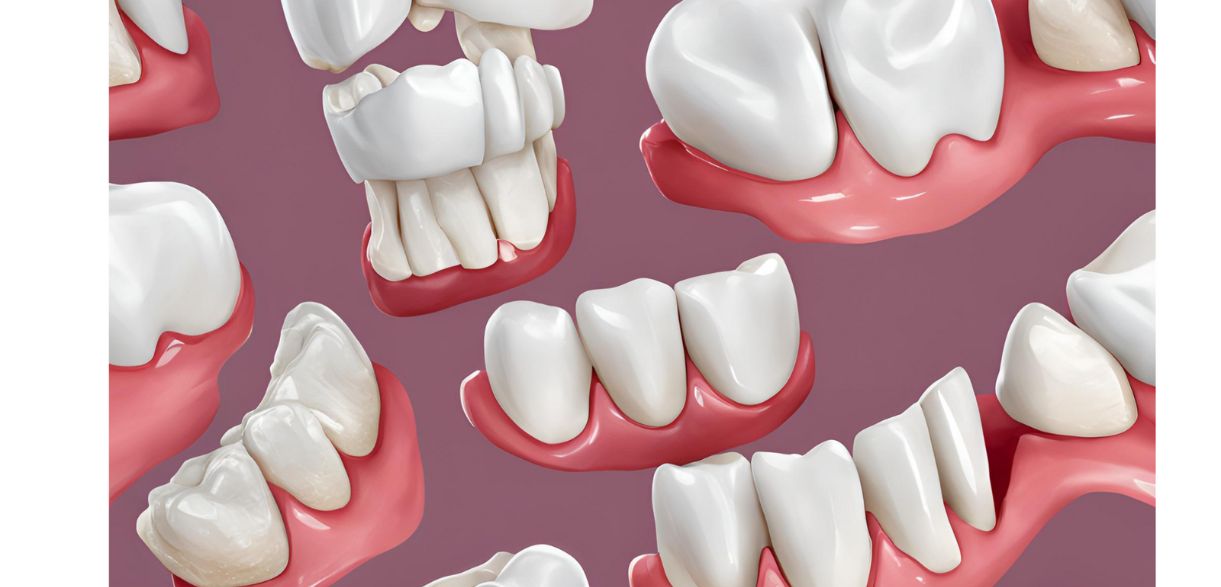Book An Appointment

You’ve just left the dentist’s office, feeling great about your new, dazzling smile. Teeth whitening can be a game-changer, instantly boosting your confidence. But what happens next? If you plan a night out or a relaxing evening at home with a glass of wine, you might wonder, “Can I drink alcohol after teeth whitening?”
It’s a valid question. Teeth whitening treatments make your teeth more porous and sensitive for a short period. That means they can absorb stains and react to certain substances more easily. Let’s dive into why you should be cautious about alcohol consumption after whitening your teeth and what you can do to protect your investment in that perfect smile.
Why Teeth Are More Vulnerable After Whitening?
Teeth whitening treatments, whether done professionally or at home, use bleaching agents to lift stains and brighten the enamel. During this process, your enamel temporarily becomes more porous, making it more susceptible to staining and damage.
- Porosity increases: This is due to the bleaching agents breaking down the compounds, causing stains and leaving your enamel in a vulnerable state.
- Sensitivity spikes: The exposed enamel also increases sensitivity so that you might feel slightly uncomfortable consuming hot or cold foods and drinks after the treatment.
In short, your teeth are like sponges briefly after whitening. Because alcohol can stain and weaken your enamel, it is important to give your teeth a little time to recover before indulging in your favorite drink.
What Types of Alcohol Should You Avoid?
Not all alcohol is created equal when it comes to post-whitening care. Some alcoholic drinks are bigger culprits when it comes to staining your teeth or irritating your sensitive enamel.
Here’s a breakdown of alcohol types to be cautious of:
- Red wine: The dark color, tannins, and high acidity make red wine a triple threat for staining. Avoid this drink, especially in the first 48 hours post-whitening.
- Beer: While lighter beers might not stain as badly as darker options, beer is still acidic and can erode the enamel, making your teeth more susceptible to future staining.
- Colored cocktails: Anything with dark mixers, such as cola, cranberry juice, or any syrup-based drink, will likely stain your teeth.
- Whiskey and rum: These spirits are usually aged in barrels, giving them a darker hue, which can easily cling to your freshly whitened teeth.
Is There Any Alcohol You Can Safely Drink?
If you want to drink after your whitening treatment, some lighter options may not harm your teeth as much. However, it’s still best to wait a day or two before indulging.
- Clear spirits: Vodka, gin, and white rum are better choices for a drink. Their lack of color means they won’t stain your teeth as quickly as darker options. Just be mindful that mixers like tonic or soda can still be acidic.
- White wine: While it’s not as bad as red wine, it is still acidic and can weaken enamel. If you must indulge, try to limit your intake and drink water alongside it.
The 48-Hour Rule: Why It Matters
The first 48 hours after your teeth whitening treatment are crucial. During this time, your teeth are most susceptible to absorbing stains and being damaged by acidic drinks. This period is often called the “open window” because your enamel is most vulnerable.
Here’s what to avoid during this critical time:
- Alcohol (yes, all types): Even clear spirits can still be acidic, which weakens enamel.
- Colored foods and drinks: Coffee, tea, berries, tomato sauce, and, yes, alcohol can leave a lasting stain on freshly whitened teeth.
- Acidic foods and drinks: Anything with high acidity, including citrus fruits, wine, and soda, should be avoided because it weakens your enamel.
How to Protect Your Whitened Smile?
You didn’t go through the effort of whitening your teeth just to stain them all over again, right? Following some simple rules is essential to maintain that bright smile for as long as possible.
Here are some tips to keep your teeth sparkling:
- Hydrate: Always have water handy. Drinking water helps reduce teeth discoloration.
- Rinse after drinking: If you can’t brush your teeth right after having alcohol, rinse your mouth with water to reduce the potential for staining.
- Stick to a white diet: For the first 48 hours, stick to light-colored or white foods and drinks. Think plain chicken, rice, potatoes, and, of course, water. This will help reduce the chances of stains.
- Use a straw: If you really can’t resist having an alcoholic drink, use a straw to help keep the liquid away from your teeth as much as possible.
- Brush with a soft toothbrush: Use a soft-bristled toothbrush and a non-abrasive toothpaste to gently clean your teeth without damaging the sensitive enamel.
When Can You Safely Drink Again?
While it’s best to avoid alcohol entirely for the first 48 hours after whitening, after that, you can start reintroducing it slowly into your routine. However, avoiding darker drinks like red wine and whiskey for a bit longer is still a good idea, especially if you’re trying to maintain your white smile.
If you want to be extra cautious, give yourself about a week before consuming darker-colored alcohol. During this time, your enamel will have started to remineralize and become less porous, making it less prone to staining.
Teeth whitening is an investment in your smile; taking care of it afterward is just as important as the treatment itself. While you might be eager to celebrate your new, brighter teeth with a drink, it’s best to give your teeth a break from alcohol for at least 48 hours. Choosing the right beverages, staying hydrated, following post-whitening care tips, and contacting a dentist for routine dental treatment can make a big difference in maintaining that brilliant smile.






